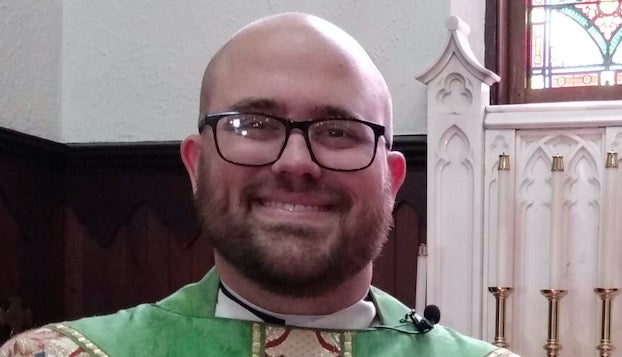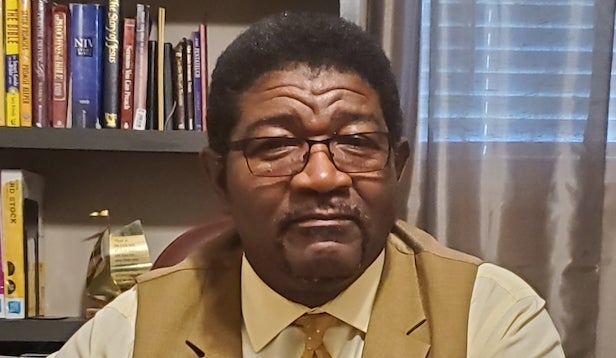Helping a child resolve conflict
Published 9:14 pm Thursday, November 4, 2021
|
Getting your Trinity Audio player ready...
|
As with all schools and classrooms, my son has found himself locked into an everyday battle with a class bully. At least, that’s how he would describe it. After I talked with the teacher, it became clear that it wasn’t so much a ‘bullying’ situation as it was two kids mutually annoying each other with my son only giving me half the story. They both annoy each other in class, and both make faces from across the room. My son, though, declined to tell me about his role in the classroom shenanigans. That’s not abnormal, though. All of us only tell one half of the story, even if we aren’t trying to change the narrative. What we experience is always filtered through a subjective lens. We quite literally are unable to tell the objective truth about certain things because we interpret events in the world through our own history and experiences. So, my son really believes that the other kid is a bully. I’m also willing to bet that the other kid has some things to say about him, too.
As we talked about this situation, something became clear to me: my primary job in this situation is not to ‘take my son’s side,’ but to help him grasp the most productive way throughthe situation. Even though he’s still single digits in his age, it’s never too early to learn about alternative ways to handle conflict.
One of the things I’ve done is to simply pray for the other child by name just before bed. Honestly, it doesn’t matter much to me whether my son is invested in the spirituality of the moment or if he is just thinking about the next pack of Pokémon cards he is going to buy. What he is hearing and witnessing is his father teaching him to choose a better way, to choose compassion rather than retaliation.
It really is a strange thing raising another human being. Sometimes, when I stop to think about how I’m forming his little mind, I am awestruck by the responsibility. Because it’s not just his life that is affected by what and how I teach him. For the rest of his life, his upbringing will impact his relationships with everyone he encounters. That sounds like an exaggeration, but it’s totally true. His past will go with him into the future and, at every moment, will inform his present. This doesn’t disavow him of the responsibility to choose the right thing as he grows. Those choices are ultimately his alone. Yet, to refuse to acknowledge the role I play in his future, not just his present, would be delusional.
If you’ve been reading this column with any kind of frequency, you’ve probably realized that I think about the future quite often. I don’t think about it with a sense of fear, dread, or anxiety. I think about it in terms of discerning what kind of future I want for my son and then living in such a way as to create the possibility for that world’s emergence.
I’m not sure my son is ever going to be best friends with the other half of this conflicted relationship, but I can trust that my son is going to carry forward the awareness that repaying an eye for an eye leaves the whole world blind. I believe Gandhi said something like that. He’s right, though. On I go, teaching my son to do his best to love people even when they don’t return the favor. And thereby the world is changed, even if it’s just one life at a time.
Chris Adams is the Rector at St. Peter’s Episcopal Church in Washington.





